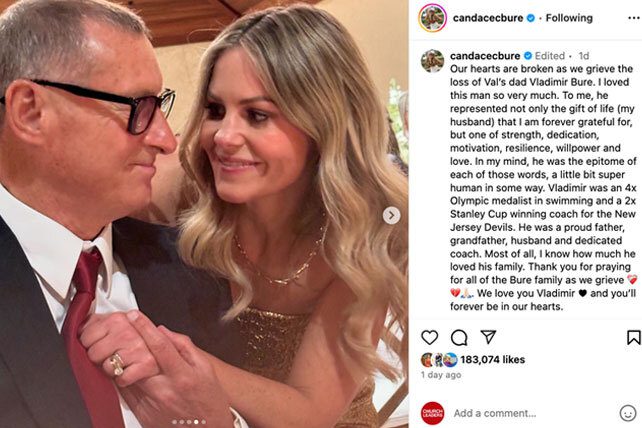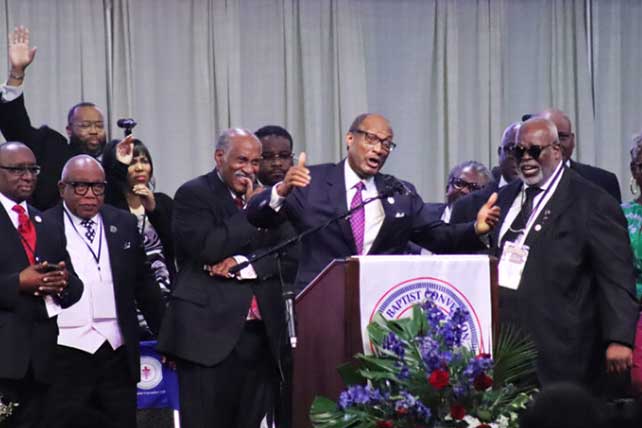I’ve heard it said, “There’s no wrong way to grieve.” I disagree.
Certainly, there are different ways and lengths of time to grieve. We should not rebuke or lay guilt on the brokenhearted!
The Bible says this about grief: “And now, dear brothers and sisters, we want you to know what will happen to the believers who have died so you will not grieve like people who have no hope. For since we believe that Jesus died and was raised to life again, we also believe that when Jesus returns, God will bring back with him the believers who have died” (1 Thessalonians 4:13–14 NLT, emphasis added).
This means grieving as if we have no hope is the wrong way to grieve. And grieving while embracing Christ’s rock-solid promise of His second coming and our resurrection—and that of all who love Him—is the right way to grieve.
A grieving father wept as he told me, “I will never again hug my daughter.” I asked, “Don’t you believe in the resurrection?” He said, “Of course.” I responded, “But the resurrection means you will hug your daughter again and again!”
Jesus said, “Look at my hands and my feet. It is I myself! Touch me and see; a ghost does not have flesh and bones, as you see I have” (Luke 24:39). Our resurrection will follow the model of His (Philippians 3:20–21; 1 Corinthians 15:49). We will have the same bodies made new and perfect. Those who believe in the resurrection will grieve while consoling themselves that they will live forever with their Redeemer and their redeemed loved ones in their redeemed bodies on a redeemed earth!
We grieve the wrong way when we surrender ourselves to debilitating grief, allowing it to eclipse our love for God and others. Of course, most grief needs time, comfort, and counsel, not repentance. Still, if self-absorbed grief draws us further from Jesus, we need to repent, not only for God’s glory, but for our own good and that of our families. It’s a paradigm shift to learn neither to deny our losses nor be buried by them, but to bring them to the feet of Jesus who sympathizes with us and also empowers us (Hebrews 4:15–16).
Puritan John Flavel’s book Facing Grief says unhealthy grief can cause us to decrease our fellowship with God, and that we may even “find some kind of pleasure in rousing our sorrows,” or finding our identity in ongoing grief. When Jesus saw a paralyzed man He asked him, “Do you want to get well?” (John 5:6). It may seem a strange question, but we can develop vested interests in adverse conditions, including grief. We may all have to ask ourselves: “Do I want to get well?”
Good grief recognizes the reality of the loss, but it also recognizes, slowly but surely, that life goes on, and the pain lessens over time. “For everything there is a season…A time to cry and a time to laugh…A time to grieve and a time to dance” (Ecclesiastes 3:1, 4 NLT).
God knows we need a season of grief. But a season is not a lifetime. He intends that we would also smile and laugh and dance again. There is no set timetable, but God wants us to find relief in Him.
This article originally appeared here and is used by permission.

















 Do you desire to be a
Do you desire to be a 










